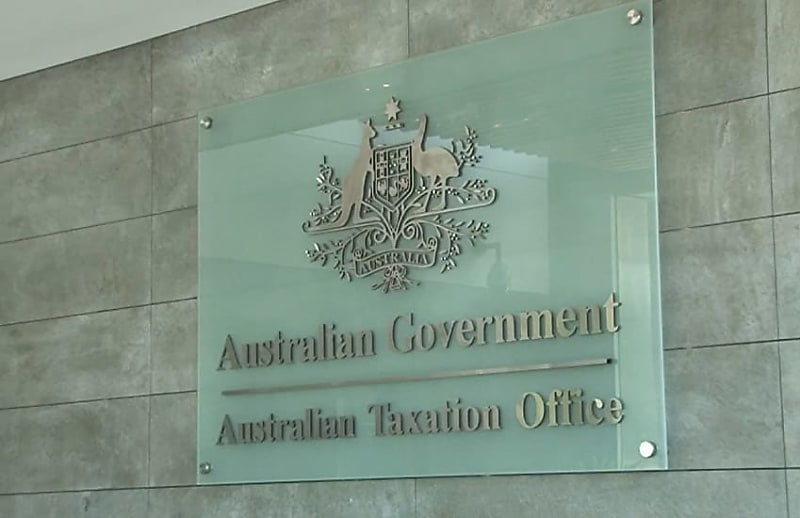The Tax Office is increasingly focusing director penalty notices (DPNs) on directors that it identifies as having the assets to meet the DPN through its data-matching tools, says insolvency and turnaround firm Worrells.
“The ATO recognises that the taxpayer is a director of a company and that they are also declaring investment income from a property, for example,” said Worrells Western Sydney manager, Jeremy Mudford.
You’re out of free articles for this month
“[The ATO] is saying well this claim likely has the ability to meet the DPN so we’re going to issue the DPN. So we’re seeing lots of focused DPNs being issued by the ATO.”
DPNs are increasingly being used as an enforcement tool by the ATO as it chases down billions of dollars in small business tax debts, said Mudford.
“It’s a way of binding a company to a director to make them personally liable so basically piercing the corporate veil,” he said.
“In the first half of 2024, around 30,000 DPNs have been issued.”
Worrells said there are also some other key groups where the ATO is focusing their attention on DPNs.
“One is to encourage disengaged taxpayers to deal with the ATO. So that's a taxpayers that haven't dealt with the ATO in the last three months or 100 days,” said Mudford.
“They're using that game as a tool to basically reengage that client.”
Another area where they’re using DPNs is where there is unpaid super.
“This is consistent with the ATO’s view that unpaid superannuation is not the company’s money, it’s the employee’s money.”
Mudford also stressed the importance of directors keeping their addresses up to date, with some DPNs being issued to the wrong address.
“The ATO are only required to issue a DPN to the registered address of a director or personal address of a director as per the ASIC register,” he stated.
“I had a client who had a DPN and it showed up on his personal tax portal and it turned out the DPN had been sent to a property he had sold 18 months ago because he hadn’t updated it on the ASIC Register.”
He stressed that DPNs are time-critical, with directors only having 21 days from the date of the letter to respond.
“The ATO tend to issue these DPNs via registered mail or ordinary mail but by the time you actually receive the VPN, it’s probably been four to seven days after the date of the DPN so you’ve already lost some of that 21 days,” he said.
“It’s unfortunate but it’s just a consequence of that kind of communication.”
He also warns business owners not to bury their heads in the sand and ensure they’re still engaging with the ATO.
“We’ve certainly seen that the ATO are receptive to attempts to negotiate and deal with the tax debts. However, if you’re not doing anything about it, the ATO is more likely going to resolve it through some sort of enforcement.”
Miranda Brownlee
AUTHOR
Miranda Brownlee is the deputy editor of SMSF Adviser, which is the leading source of news, strategy and educational content for professionals working in the SMSF sector.
Since joining the team in 2014, Miranda has been responsible for breaking some of the biggest superannuation stories in Australia, and has reported extensively on technical strategy and legislative updates.
Miranda also has broad business and financial services reporting experience, having written for titles including Investor Daily, ifa and Accountants Daily.

 Login
Login







